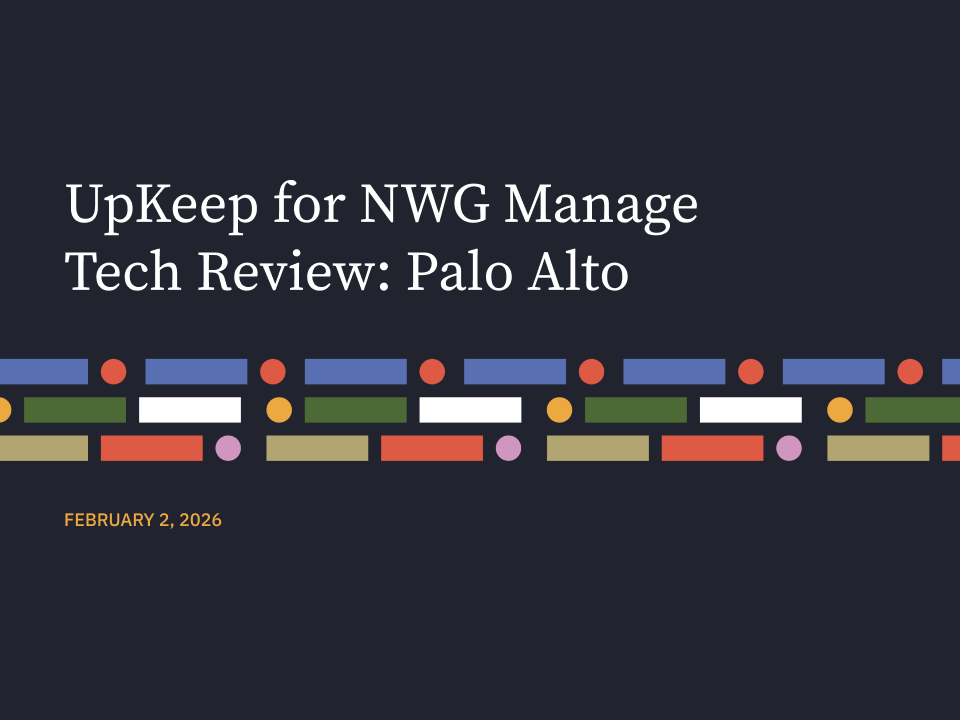February 7, 2025
Easily Remediated Vulnerabilities: Understanding and Mitigating Machine Account Quota Risks


The machine account quota attribute remains a significant but often overlooked security consideration in Active Directory (AD) infrastructures. While designed to support legitimate administrative tasks, this feature can be exploited by threat actors to establish persistence and escalate privileges within a network. By default, each standard user in a Windows enterprise environment can create up to 10 machine accounts — a number that substantially exceeds typical business requirements for non-administrative users.
Modern Attack Techniques and Implications
The exploitation of machine account quotas has evolved beyond traditional attack paths. While Resource-Based Constrained Delegation (RBCD) attacks remain relevant, attackers now commonly combine machine account creation with newer techniques such as Shadow Credentials and certificate-based authentication attacks. These attack chains often begin with initial access through techniques like authentication coercion (including but not limited to PetitPotam, which has largely been patched in current Windows versions) or exploitation of MS-EFSRPC and similar protocols.
Once an attacker creates a machine account, they can:
- Modify msDS-AllowedToActOnBehalfOfOtherIdentity attributes for RBCD attacks
- Add certificate-based authentication methods through Shadow Credentials
- Leverage machine account privileges for lateral movement
- Establish persistent access through machine account credential manipulation
Defense in Depth Approach
While reducing machine account quotas to zero for standard users remains a fundamental security control, modern defense strategies should incorporate additional measures:
- Machine Account Hardening:
- Implement time-based machine account password rotation
- Enable Protected Users group membership for sensitive machine accounts
- Configure Extended Protection for Authentication (EPA) where applicable
- Monitoring and Detection:
- Implement robust logging for machine account creation events
- Monitor for suspicious modifications to machine account attributes
- Deploy detection rules for known machine account abuse patterns
- Privilege Management:
- Regular audit of machine account permissions
- Implementation of Just-In-Time (JIT) access for machine account creation
- Strict control over delegation permissions
Risk Reduction Through Configuration
Organizations should consider these additional hardening measures:
- Enable Privileged Access Workstation (PAW) configurations for domain administration
- Implement Active Directory Certificate Services (ADCS) security controls
- Deploy Windows Defender Credential Guard to protect against credential theft
- Configure appropriate Group Policy Objects (GPOs) to restrict machine account capabilities
While reducing machine account quotas provides an important security baseline, modern AD security requires a comprehensive approach that addresses emerging attack techniques and implements defense-in-depth strategies. Regular security assessments should include validation of machine account configurations and monitoring capabilities.For organizations seeking to enhance their AD security posture, working with experienced security professionals can help identify and remediate potential vulnerabilities before they can be exploited. Network security architects should stay informed about evolving attack techniques and adjust their defensive strategies accordingly.
###
Published By: Rachel Park and Taylor Craig, Senior Security Consultants, NetWorks Group
Updated: February 7, 2025. Original Publish Date: March 7, 2023.






